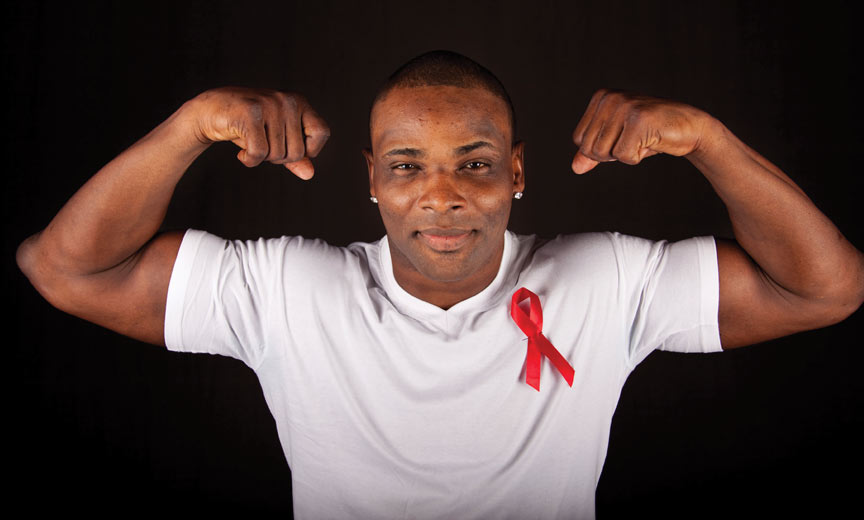We look at some of the ways an important organization is addressing the epidemic among the black community.
The Black AIDS Institute takes its motto, “Our People, Our Problem, Our Solution,” very seriously. Founded in May of 1999, it is the only national HIV/AIDS think tank focused exclusively on black people. Their mission is to stop the AIDS pandemic in black communities by engaging and mobilizing efforts to confront HIV.
“We are having a new and complicated conversion about race in America,” writes Black AIDS Institute CEO Phil Wilson. He describes how his organization is attempting to expand that discourse to address disparities in achievement, unemployment, “and, of course, HIV/AIDS.”
The institute is employing a variety of tools in this attempt to expand this conversation. Their “Black AIDS Weekly” newsletter provides a wealth of information about health plans, conferences, education, treatment and prevention.
Other resources include “CitySheets” — primers about 10 major metropolitan areas. They include contacts among local media and politicians, info about which HIV/AIDS and civil rights organizations are active in their areas, and demographic breakdowns about how HIV affects their region.
Beyond these publications, the institute’s Training and Capacity Building programs provide further materials, programs, presentations, webinars and prevention initiatives aimed at helping black people living with HIV achieve suppressed viral loads.
When it comes to prevention, the Black AIDS Institute is spreading the word about newer prevention tools with its 2015/2016 PrEP Tour. The tour stops in cities across the U.S. to educate people about accessing and correctly using the drug, while seeking out those who could benefit from it but tend to fall through the gaps. The tour addresses issues of bias (from providers or the community), potential risks (including what PrEP doesn’t guard against), and — more broadly — how to get communities mobilized around prevention.
“Even though more people are taking PrEP, not enough people are taking the regimen that we can bring the epidemic to an end,” explains Wilson. “We can’t end the epidemic if health care providers don’t know what’s in our biomedical tool kit, and recent research suggests that many of them don’t know about PrEP.”
By making sure individuals and organizations are equipped to share life-changing information, the Black AIDS Institute is making a difference in a community that is disproportiantely affected by HIV/AIDS. To access their resources, visit blackaids.org.
Also check out: Being Poz Is No Longer A Threat to Longevity
Last modified: August 15, 2018













